Jaguar Land Rover is developing technology which will help its cars adapt to driver lifestyles and become integrated with smartphones as a personal assistant.
JLR’s self-learning car will offer an array of services to the driver, courtesy of a new learning algorithm that recognises who is in the car and learns their preferences and driving style.
The software then applies this learning by using a range of variables including the driver’s calendar, the time of day, traffic conditions and the weather to predict driver behaviour and take over many of the daily driving ‘chores’, allowing the driver to concentrate on the road ahead.
Dr Wolfgang Epple, director of research and technology for Jaguar Land Rover, said: “The aim of our self-learning technology is to minimise driver distraction, which will help reduce the risk of accidents. Presenting the driver with information just at the right time while driving will reduce both cognitive distraction and the need for the driver to look away from the road to scroll through phone lists, or adjust mirrors, temperature or seat functions while on the road.
“Up until now most self-learning car research has only focused on traffic or navigation prediction. We want to take this a significant step further and our new learning algorithm means information learnt about you will deliver a completely personalised driving experience.”
The intelligent car will recognise the driver by the smartphone or other device in their pocket and by the time the driver has opened the car door, the mirrors, steering wheel and seat settings will all be set to the individual’s preferences.
The cabin will be pre-set to the desired temperature – and be intelligent enough to change it if it is snowing or raining.
Through the ‘Smart Assistant’, the car will also review your schedule for the day and pre-set the navigation depending on traffic conditions to avoid congestion. It will also predict the next destination based on the driver’s schedule.
The self-learning car will also know if the driver visits the gym, and will learn preferences for a certain temperature on the way there to warm-up, and a different temperature to cool down on the way home.
If system can recognise every passenger and offer each their own preferred infotainment options. The ‘Smart Assistant’ in the car will review a driver’s calendar and send reminders to a driver’s smartphone.
The system can predict usual patterns for calling home or the office. It can also automatically email or call ahead to notify if the driver is going to be late to an appointment.
The self-learning car will also be able to learn an individual’s driving style in a range of traffic conditions and on different types of road.
When the driver activates Auto Adaptive Cruise Control (AACC) the car will be able to apply these learned distance settings and acceleration profiles to automated cruise control.
Dr Epple said: “By developing a learning function for Adaptive Cruise Control, it is technology concepts like the self-learning car that will ensure any future intelligent car remains fun and rewarding to drive as we move closer to more autonomous driving over the next 10 years.
“This is important because in the future customers will still want an emotional connection and a thrilling drive - with the ability to drive autonomously when required.”
Some of the features included in the Self-Learning Car concept:
- Vehicle Personalisation – climate, seat, steering wheel, mirrors and infotainment settings.
- Destination Prediction – automatic destination entry to navigation system based on historical usage.
- Fuel Assist– suggests fuel stations which have the driver’s preferred brand and location, based on historical usage. The car will let you know if you have enough fuel before long journeys the day before you travel.
- Predictive Phone Call – predicts who you are likely to call in a certain situation.
- Passenger Awareness – will activate passenger preferred infotainment settings and personal climate zones.
- Intelligent Notifications – based on traffic situation, the car can alert people that you will be late or provide relevant contextual updates such as flight delays on your drive to the airport.
- Auto Adaptive Cruise Control (AACC) – when AACC is activated, the car applies the distance setting and acceleration profile it has learned when the driver is driving the vehicle.

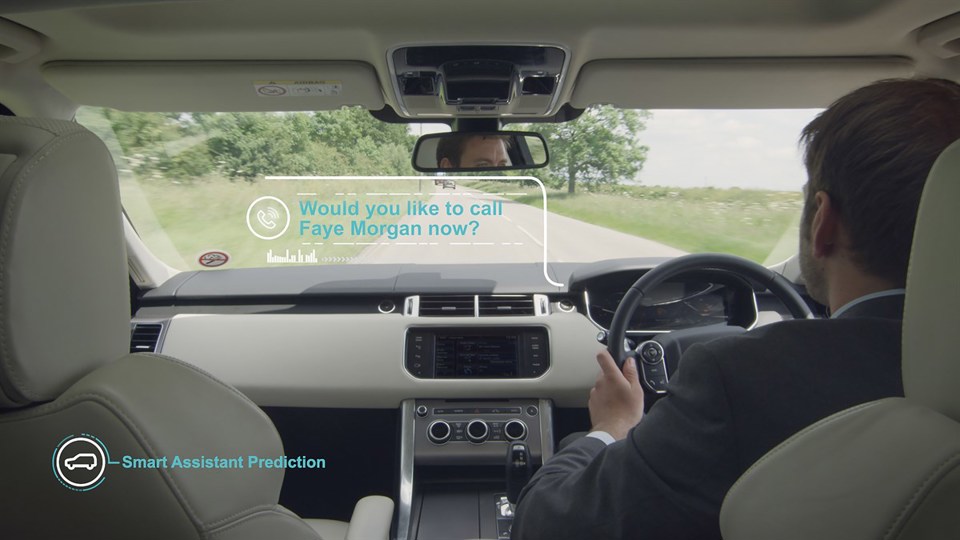
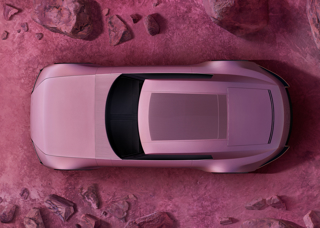

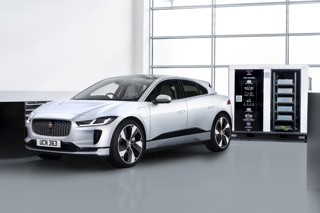
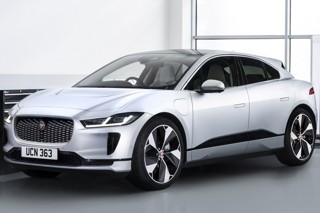
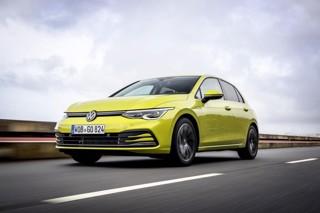











Login to comment
Comments
No comments have been made yet.